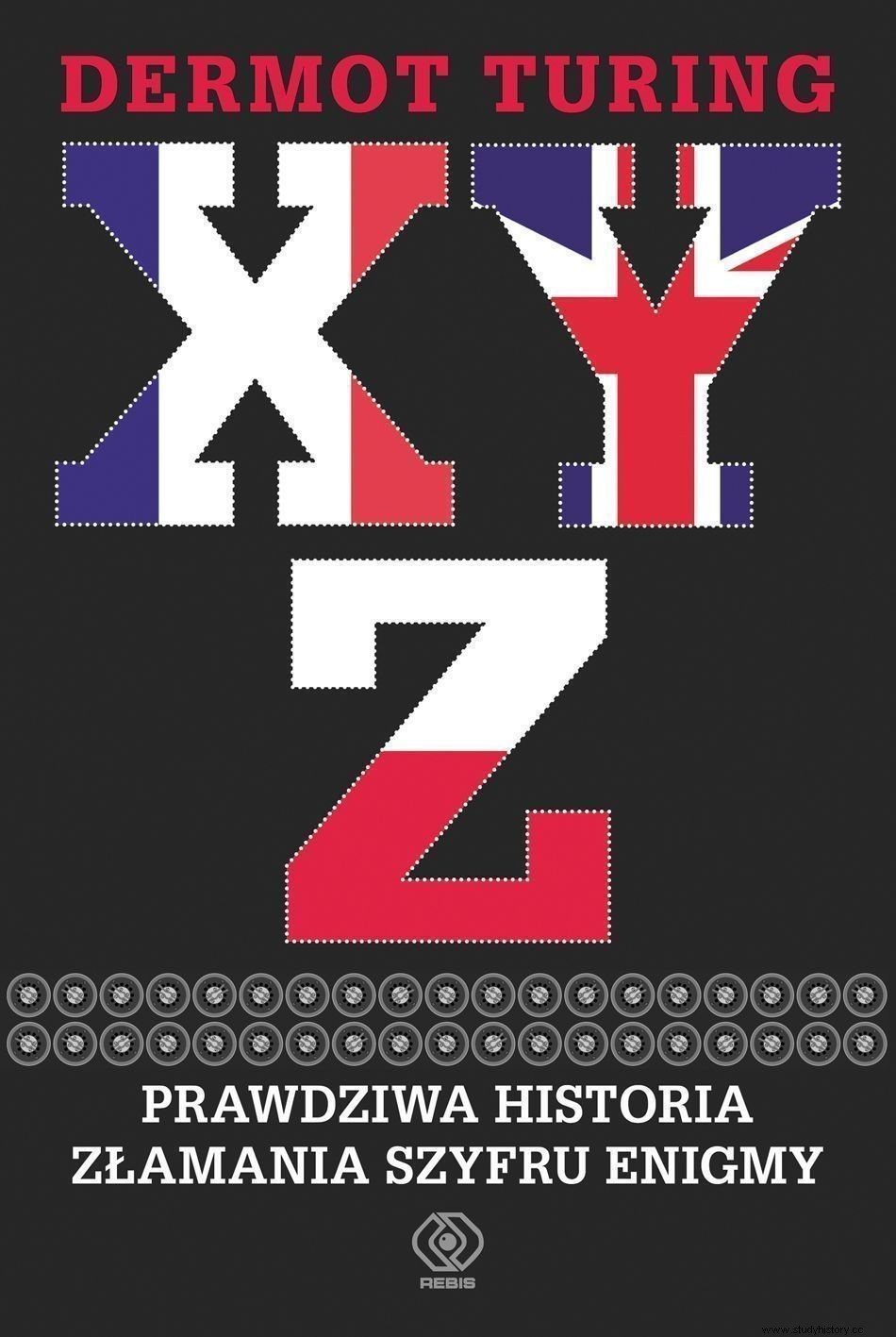In the interwar period, they were considered the greatest heroes of the Polish army. They contributed to the victory over the Bolsheviks and to gaining a key asset in the confrontation with the Third Reich. So why were they precisely blamed for losing the defensive war of 1939?
Black clouds over the heads of the cryptologists began to gather right after the portfolio of the minister of internal affairs in Sikorski's government was taken over by the peasants' activist, Professor Stanisław Kot. This staunch opponent of the Sanacja has made it his life mission to get rid of the real and imaginary supporters of the discredited pre-war authorities from the army. As he writes in the book "XYZ. The real story of breaking the Enigma code "Dermot Turing :
This is probably why Kot went to a series of meetings with representatives of the Foreign Office […]. On November 9, 1939 [...] he revealed that things were not going well in the Polish state. The relations between the resistance movement formed in the country and the military intelligence were especially strained . The latter was full of old Sanacja officers appointed by Rydz-Śmigły [...]
I had to blame someone. Although most of the responsibility was to fall on the government of Rydz-Śmigły, some had to penetrate deep into the army's officer corps. As it seemed, the investigators had a great field to show off.
Kot's trusted man, who was ordered to find "hooks" for cryptologists, was Major Ludwik Sadowski. He was particularly targeted by Major Maksymilian Ciężki and Antoni Palluth. Before the war, they worked in the Cipher Bureau, which was part of the 2nd Division of the General Staff.
The former even served as the deputy head of the Bureau and headed the German section. In addition, they both gave secret lectures on cryptology, attended also by the famous Enigma busters:Marian Rejewski, Jerzy Różycki and Henryk Zygalski.

Cipher Bureau officers in the 1920s. From the left:Jakub Plezia, Jerzy Suryn, Yamawaki Masataka, Paweł Misiurewicz, Jan Kowalewski and Maksymilian Ciężki (photo:public domain)
Turing in his publication lists a long list of goals that Sadowski has set for himself:
Was supposed to indicate names and make accusations , establish the identities of people who should evaluate the enemy's plans, check their political views, find out why military intelligence did not react quickly to the invasion and why money was spent incorrectly.
The officer also intended to establish how it was possible that "there was an unpleasant disconnect between the total failure of intelligence during the September campaign and the office's success in breaking the Enigma in peacetime." . He also suggested that the German intelligence had infiltrated the ranks of our cryptologists.
A simple hunt?
Sadowski questioned Ciężki and Palluth as well as other employees of the Cipher Bureau who managed to get to France. While questioning the main suspects, he accused them of mismanagement and misappropriation of funds. According to him, they should employ more cryptologists and create an effective system of providing information to the command, and in the meantime:
the money was spent on an absurdly expensive radio mast that could not even be used to send messages to army commanders. The errors were even greater:the mast was blown up prematurely, allegedly because Maksymilian Ciężki received bribes from Antoni Palluth's AVA Radio Engineering Company . They were both supposed to destroy the mast to cover up the traces of their swindles.

Heavy and Palluth, of course, denied everything. Another of the interviewed, Major Wiktor Michałowski, admittedly admitted that:
Cipher Bureau management made some mistakes, but emphasized that frequent relocations and the constant allocation of resources paralyzed the work of cryptanalysts. Moreover, the intercepted messages were missing and the unit was constantly harassed by the Luftwaffe .
Everything - as emphasized in the book "XYZ. The real story of breaking the Enigma code "Dermot Turing - indicates that the whole thing was a political campaign that had no factual basis . Its main reason was that after the defeat in September 1939, the heads of the "Cipher Bureau and its staff worked not for General Sikorski, but for the French."
How did Sadowski's investigation end? Nothing, actually. They were interrupted by the invasion of France by the Third Reich. After the devastating defeat of the French, the Polish government had other worries and gave peace to the cryptologists who could finally focus on breaking the German codes.
Source:
Trivia is the essence of our website. Short materials devoted to interesting anecdotes, surprising details from the past, strange news from the old press. Reading that will take you no more than 3 minutes, based on single sources. This particular material is based on the book:
- Dermot Turing, XYZ. The real story of breaking the Enigma code , Rebis 2019.
Buy a book with a discount at Empik:

